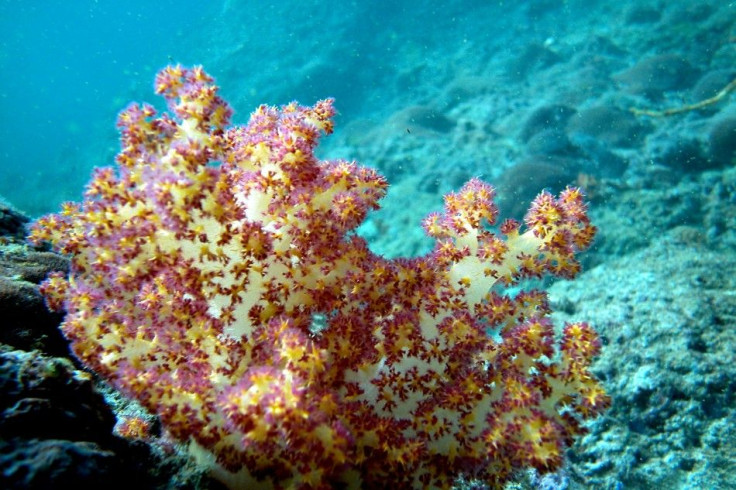Seaweed is a Potential Coral Killer: Research

Seaweed, multi-cellular marine algae, contains anti-coral chemicals that are responsible for killing corals, according to a recent research.
The study, published in the online edition of Proceedings of the U.S. National Academy of Sciences (PNAS), says species of seaweed around the reefs of Fiji Island are causing coral bleaching by emitting anti-coral chemicals known as terpenes. Terpenes suppress photosynthesis of the corals, which could be a major reason behind the recent worldwide loss of coral reefs.
In earlier studies, researchers noticed the dying of coral reefs affected by seaweeds. However, at that time, they were still unsure of the specific impact of the algae.
The latest study, however, suggests once corals decline due to a combination of global and local stresses, some seaweeds use chemical warfare to suppress the recovery of remnant adult corals and new coral recruits, according to study co-author Douglas Rasher, a doctoral candidate at the Georgia Institute of Technology in Atlanta.
Generally, seaweed growth is controlled by plant-eating fish but overfishing, pollution and rising temperatures in oceans have made for a sharp rise in seaweed growth and increased the levels of harmful toxins, which kill corals.
Corals are affected by both global and local factors. Researchers believe that while global factors like changing sea temperatures or ocean pH levels cannot be controlled, factors like overfishing and pollution can be worked on, to help coral reefs all over the world from disappearing.
Researchers urge all governments to develop techniques and rules to protect those species of fish that are crucial in order to protect the coral reefs.
Our results suggest that bans on the harvest of seaweed-eating fish may decrease algal abundance on the degraded reefs and thus make these reefs more prone to coral re-establishment, a hopeful Rasher said.
It's becoming clear that the problem for coral is not just one factor, added Rasher, The decline of coral reefs results from a complex interaction between many factors. Our study shows that regardless of what factors are driving coral decline, once algae become established, they can suppress the recovery of coral.
© Copyright IBTimes 2024. All rights reserved.





















